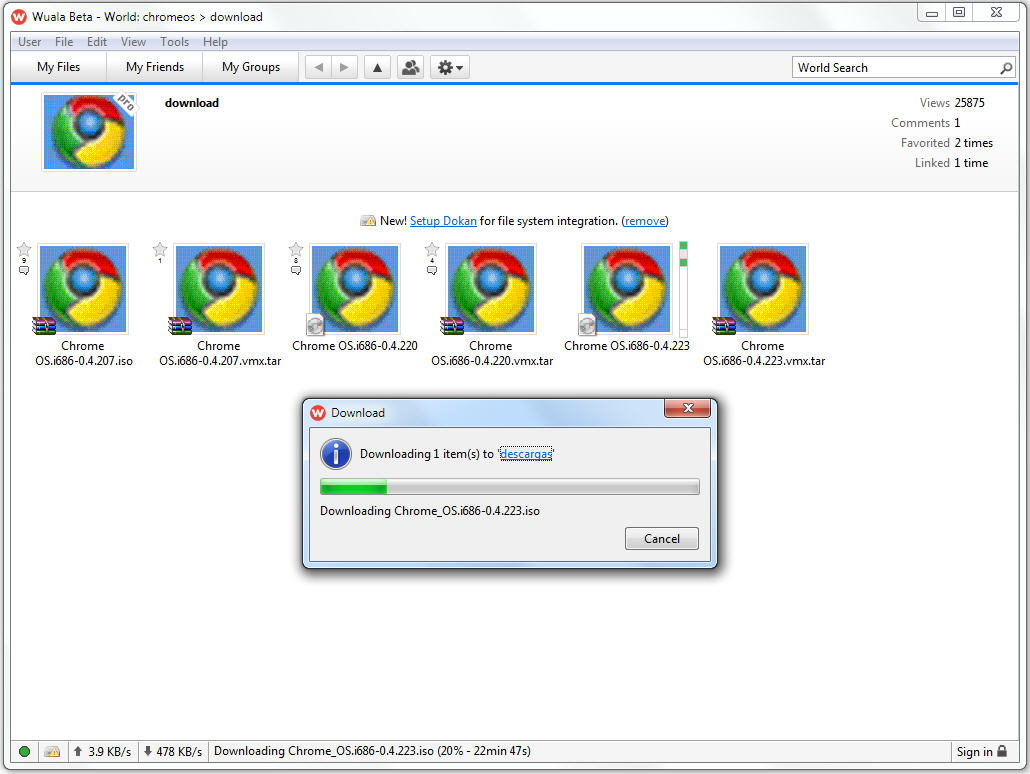

Specify -q twice to go completely silent except for errors. q (or -quiet) will switch to "quiet mode" where minimal info is displayed. n (or -dryrun) will show what actions the script will take,īut it won't actually perform those actions. h (or -? or -help) will display this syntax message. It for OS mismatches or OS upgrades as well and three times for reboots f (or -force) forces an automatic "y" for any interactive promptingĮxcept for OS mismatch/OS upgrade/reboot prompts. d (or -delete) will delete the temporary directory used for downloads b (or -beta) will switch to beta versions (google-chrome-beta). The script has optional command line arguments - here's the output of "./install_chrome.sh -h": Syntax. It's a bash shell script, so you download and run it as root as follows: wget Install_chrome.sh 7.31 (15th May 2016 - wget is now installed/updated early on, added dbus and selinux-policy as new dependencies, out-of-date dependencies are now updated) This will often fix previously known issues when running Google Chrome.

It's strongly recommended that you run "yum update" as root (and reboot if this installs a new kernel) before you download and run the script below. There is also a small patch to the libgnome-keyring library required to resolve a missing symbol. CentOS 6 systems need libstdc++ from a gcc 6.1.0 build (I supply a 339K download of that library from this site - if you are concerned about this, please read this explanation). The solutionīy using a later libstdc++ library and putting it in a tree exclusively picked up by Google Chrome, you can indeed run the latest 64-bit Google Chrome on 64-bit RHEL/CentOS 6.6 or later. Also please note that 32-bit Google Chrome for Linux is no longer supported by Google and is no longer available for download. Note that RHEL/CentOS 7 users are also catered for, so please keep reading if you're on that platform. I've built Chromium from regularly pulled source code in the past for CentOS 5 and it's a tough job on that platform and I didn't want to do it again for CentOS 6. Unfortunately, I've failed find a solution - the switch to GTK+3 with Firefox is just too difficult to workaround. Sadly, Mozilla Firefox 46+ has gone the same way - it has system requirements that RHEL/CentOS 6 no longer meets.

It seems Google missed the fact that RHEL/CentOS 6 are both fully supported by their respective maintainers until November 2020. This really isn't a wise move when you're shipping closed source binaries. This is mainly because Google are using very recent Linux build systems which produce backwards-incompatible binaries. their Google Chrome browser from version 28 onwards. CentOS 6 and Scientific Linux 6) are no longer worth supporting at all w.r.t. Google developers seem to think that Red Hat Enterprise Linux 6 - aka RHEL 6 - and its free equivalents (e.g. How to install 64-bit Google Chrome 28+ on 64-bit RHEL/CentOS 6 or 7 The problem


 0 kommentar(er)
0 kommentar(er)
